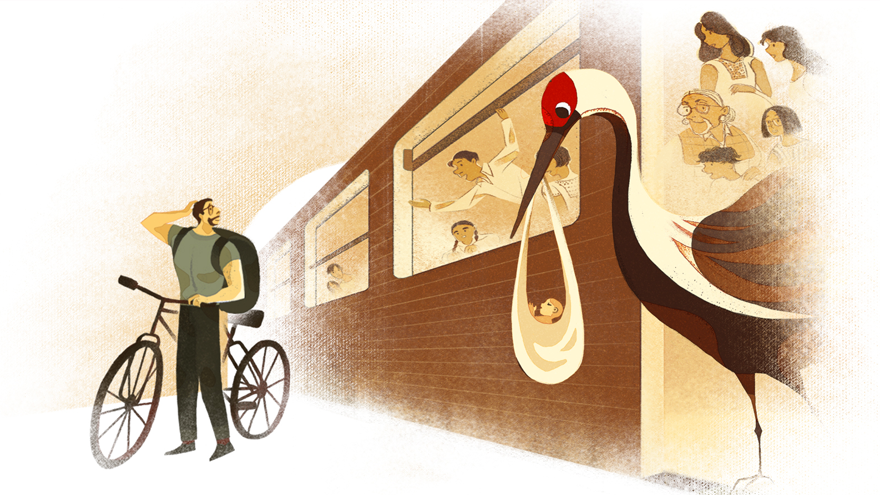I come from a big Latino family. My father is one of 12; my mother one of 13. I have dozens of cousins, many who ended up having multiple children of their own. My sisters and I were the last set of cousins without children. Eventually, they had children of their own, leaving me as the last one not to have kids.
When I visit family, one of the first questions I am asked is “When are you having children?” When I say that I don’t want children, I’m told things such as “Your life is not complete until you have a child,” and “You need to have a kid already; you’re already married and getting old.” Friends who have children often tell me I would be a good dad, in the hope that such a sentiment will change my mind. In one unfortunate instance, I was told I was just being selfish, and that all I wanted to do was travel instead of settling down and starting a family. As painful as hearing that comment was, it is true that not having a child has allowed me freedom to do what I want in comparison to others. I have been able to complete an advanced degree, grow my career, and explore the world. However, selfishness is not the reason I choose to remain childless.
People living in the developed world consume resources at a rate almost 32 times that of those in developing nations. A child born in the developed world requires a huge amount of resources—diapers, clothes, and toys—which are often disposable by design. This requires raw materials such as water, minerals, cotton, and petroleum that are often acquired from areas of the world where environmental regulation and human rights are lax. This amounts to a tremendous strain on natural resources and creates a huge impact for populations in less developed areas of the world. Some parents are better able to purchase materials that don’t have as much of an impact; however, not everyone is as fortunate.
The last few years have shown us that the impacts of human-induced climate change will only get worse. Wildfires, floods, rising sea levels, and intense hurricanes have become the norm. The world we know today will not be the same in 100 years, or even in the next 20 years. Scientific experts tell us that we must make drastic changes to protect our world. A study by statisticians at Oregon State University found that “the long-term carbon impact of a child born in the U.S.—along with all of its descendants—is more than 160 times the impact of a child born in Bangladesh.” The study concluded that for the average American, the total CO2 saved by all other conservation measures over an entire lifetime of 80 years is 488 metric tons. In contrast, if the average American chose to have one fewer child (or no children), the CO2 savings would rise to 9,441 metric tons.
I made a conscious decision not to have children. I’m not selfish, and there’s nothing missing from life. I respect people who do choose to have children, and just like them, I experience the same feelings of happiness, joy, sorrow, and stress. I am fulfilled and content in the decision I have made, and my life experiences are no less special. Not having a child is my way of doing my part. I am also a vegetarian, and I recycle and compost, drive an electric car, installed solar panels on my roof, and purchase green products when available.
I absolutely love having a big family. Spending time with my nieces, nephews, and young cousins is the highlight of any family visit. I enjoy having friends with children over and seeing their happy laughter when they play with my dogs. Not having kids doesn’t mean I advocate for everyone not to have them. My decision is not a one-size-fits-all solution to the environmental problems our planet faces. Although I understand many will disagree with my choice, I can only hope that one day they will perhaps come to understand why I chose not to have children.
Jhon Arbelaez-Novak is an environmental analyst at the Lawrence Livermore National Laboratory in Livermore, California.

Leave a Reply